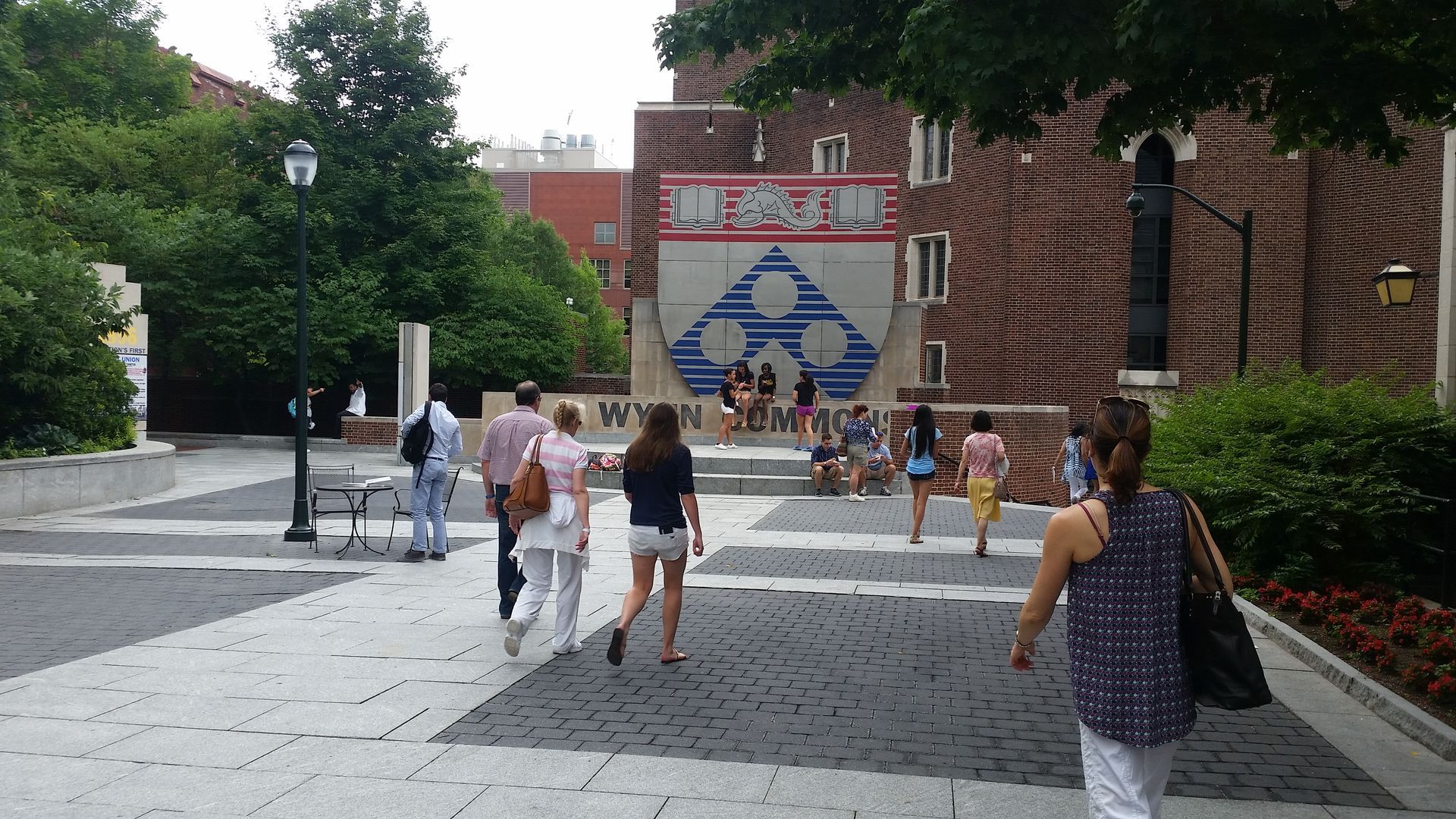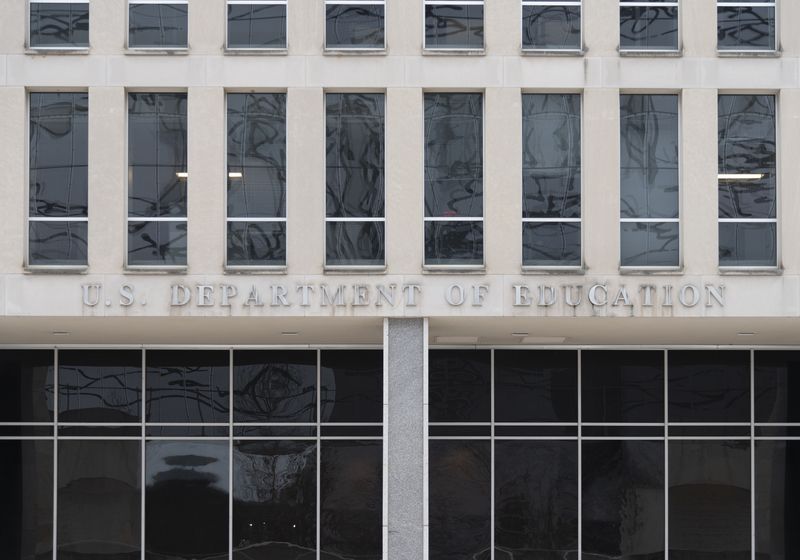Academic Freedom and Research Threatened at Leading Universities
April 24, 2025

The Trump administration has recently taken actions to freeze federal funding for several prominent universities, citing concerns over campus activism, allegations of antisemitism, and issues related to diversity and inclusion policies. These actions have sparked significant controversy, raising concerns about government overreach and the protection of academic freedom.
While over 60 universities are facing funding reviews, seven universities have been targeted already because of their prominence. By far, Harvard University faces the largest funding freeze, with $2.2 billion in multi-year grants and $60 million in multi-year contracts. Harvard University has been particularly vocal in its opposition, filing a lawsuit against the administration and publicly rejecting its demands.
Columbia University has had $400 million in federal grants canceled. They were threatened with a far higher amount, but negotiated a settlement that included adopting the government’s definition of antisemitism, willingness to adhere to the administration's demand for stricter disciplinary actions against students deemed to be disruptive and academic oversight of many Asian and Middle Eastern programs by the University’s senior provost.
In response to a funding freeze on $1 billion in research funds, Cornell has attempted to placate the Trump administration while attempting to retain their educational integrity. They recently announced they were renaming their Dysob School of Applied Economics and Management to the Donald J. Trump School of Business Excellence in Business. This change was made after a significant donation and pressure from President Donald Trump, according to reports.
The University of Pennsylvania was slapped with a freeze on $175 million because they allowed a trans swimmer to compete in an NCAA swim meet last year. Penn responded by saying that they have no athletic policy of their own - they follow NCAA’s policies, which at that time allowed trans-sexual students to compete. The freeze is still in place, but no new sanctions have been levied.
Other institutions that have been sanctioned include Brown ($510 million), Princeton ($210 million, which represents half of their federal grant money) and Northwest university ($790 million).
To date, academic institution responses have varied. Harvard University has been particularly vocal in its opposition, filing a lawsuit against the administration and publicly rejecting its demands. It has also floated bonds to recapture lost federal funds. Columbia University, in contrast, has agreed to implement some of the administration's requested policy changes to avoid losing federal funding.
Other universities are still in the process of developing their responses. For instance, while Cornell has not yet filed a lawsuit, legal experts, including Cornell Law Professor Michael Dorf, have publicly stated that the funding freeze of over $1 billion is likely "illegal." At the same time, the university has attempted to placate the President by renaming their Dysob school in his honor.
Key Points:
1. The administration's actions have raised concerns about the potential erosion of academic freedom and the politicization of higher education.
2. The financial impact of the funding freezes will have significant consequences for research and innovation at more that 60 universities. Penn has already reduced or eliminated several graduate programs and most schools will find they need to shift student research to favor graduate programs and away from undergraduate students.
3. The legal battle for NIH and NSF funds is just getting underway. It will take months perhaps years to sort out where and if the government has overstepped its legal authority to freeze funds authorized by Congress.
4. Any legal recourse that universities are able to win won’t be in time to address funding losses for the 2025/26 academic school year. Students entering majors that rely on lab or research activities need to talk with their school’s department heads to see how their courses might be affected.
It's crucial to follow this developing situation as it unfolds, as it has far-reaching implications for the future of higher education in the United States.
Recent Posts






